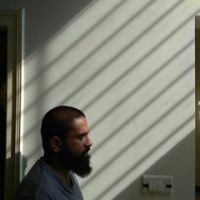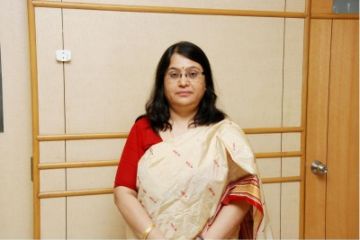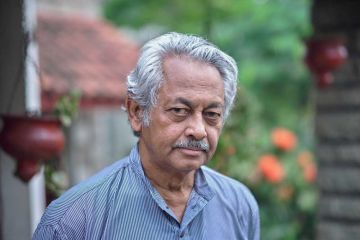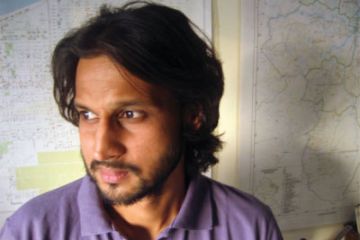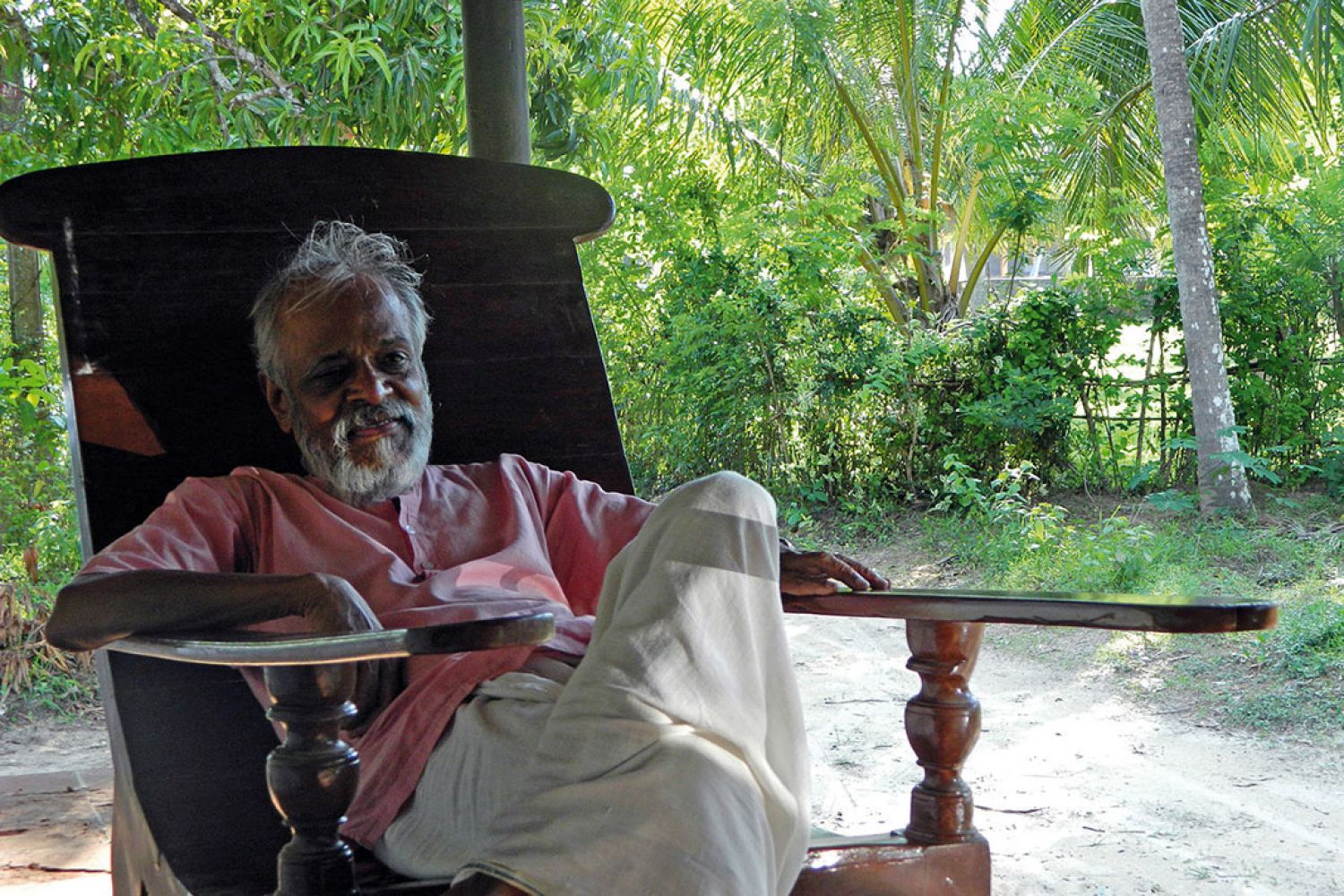
A renowned linguist and one of the great Malayalam poets of
the modern era, K. A. Jayaseelan’s ouevre is characterised by his trademark
juxtapositioning of dense philosophical ruminations and their almost playful
rendition.
Although he started writing in the Seventies, the high
period of Malayalam modernism marked by literary works that serenaded political
and existential angst, it was in the Nineties that he was recognised as a
modern master. For poets of the Nineties seeki

